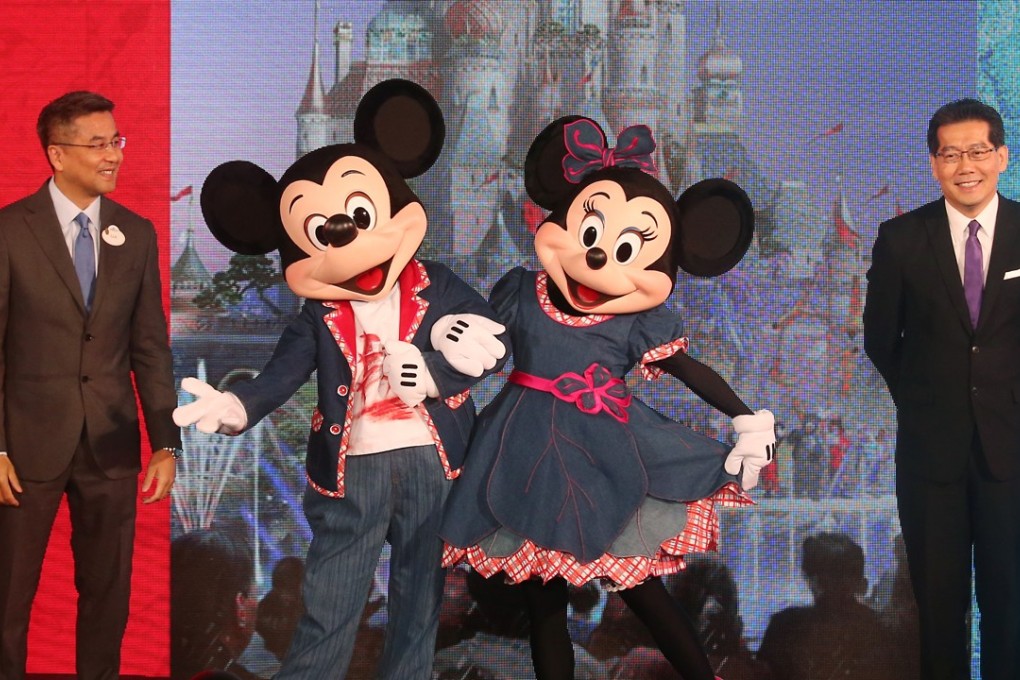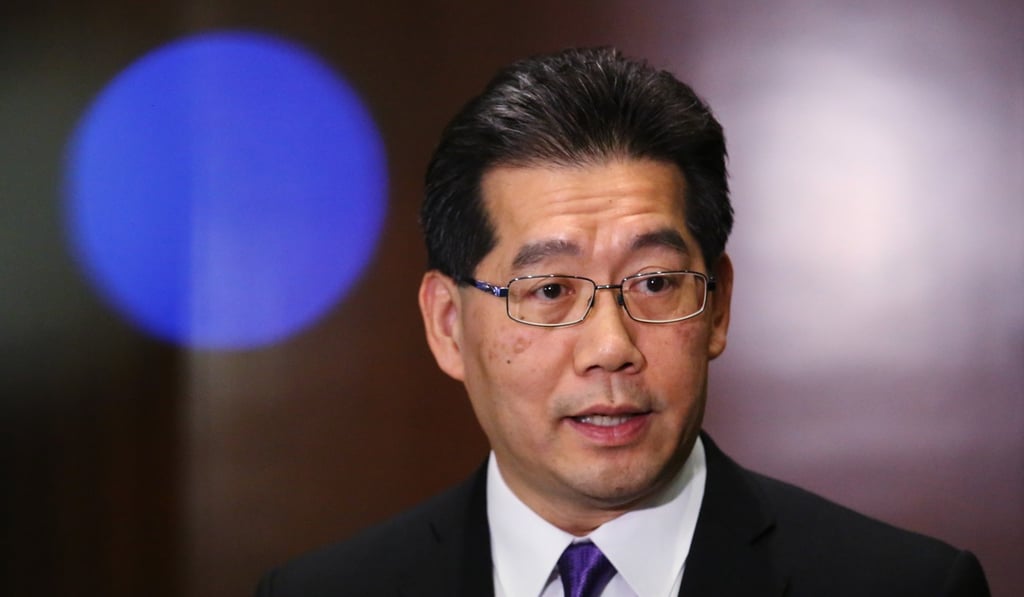The View | Opinion: Let’s roll Ocean Park and Disneyland into a listed company
‘The government needs to take its 53 per cent share in Hong Kong Disneyland off the taxpayers’ balance sheet’

Beating up on the Hong Kong government’s reinvestment in Hong Kong Disneyland has been all too easy. On some level, it has been like parading officials in stocks in the middle of a medieval village square and allowing residents to pelt them with rotten eggs and vegetables. However, beyond the histrionics and outrage, constructive options are available to creative financial thinkers.
Maintaining the Disney brand’s magic in Hong Kong has proven expensive as tourism conditions deteriorated. The theme park made a loss of HK$171 million (US$22 million) last year, 15.5 per cent higher than its HK$148 million loss in 2015. Moreover, it has made a loss in eight of its 11 years of operation. While the loss tracks the city’s tourism downturn, the entertainment park needs to make improvements to stay contemporary.

A drop in mainland visitors saw overall attendance at the theme park fall 10 per cent to 6.1 million last year. However, mainlanders now only account for a third of the park’s attendance, down from a peak of 50 per cent in 2012 and 2013. Disneyland’s local counterpart Ocean Park suffered a loss of HK$241 million last year, its first deficit since 2003.
Critics scoffed at Secretary for Commerce and Economic Development Gregory So Kam-leung when he told lawmakers that a risk test showed the city could lose up to HK$31.6 billion in economic benefits over 40 years if Disneyland’s visitor numbers shrank by 15 per cent.
Whether or not an economic multiplier is an accurate measurement is neither verifiable nor important now. Critics should realise that past investment amounts in Disneyland should be considered sunk costs. That means it is an expense that has already been incurred and cannot be recovered.
